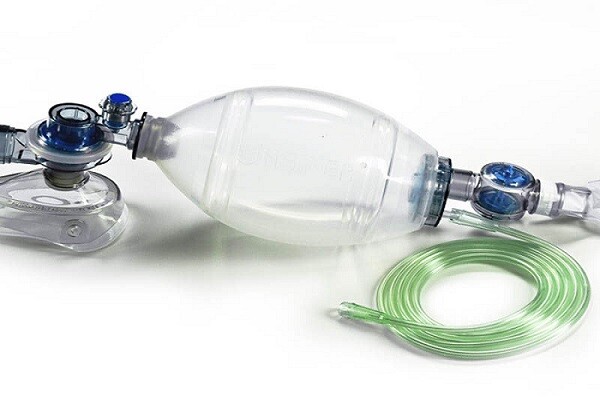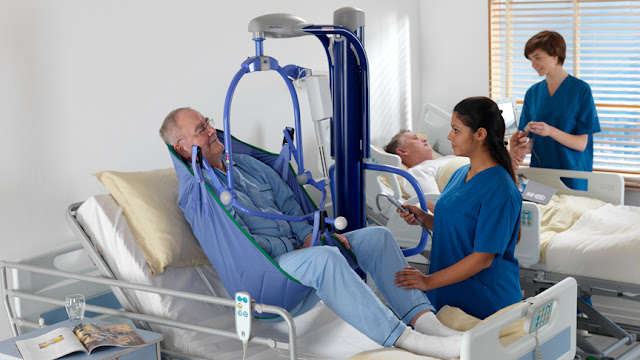Biologics Outsourcing: Trends and Opportunities
 |
| Biologics Outsourcing |
The biopharmaceutical industry has seen tremendous
growth over the past few decades. With the development and approval of novel
biologic drugs to treat various diseases, biologics now account for a significant
portion of the pharmaceutical market. However, the increasing demand for these
complex drugs has also put pressure on biopharma companies to scale up
production. As a result, biologics outsourcing has emerged as a major trend in
the industry.
Introduction to Biologics
Biologics, also known as biologic medicines or biological drugs, are
medicines created from living organisms using biotechnology. They include
vaccines, blood components, allergenics, somatic cells, gene therapies,
tissues, and recombinant therapeutic proteins. Biologics are generally large,
complex molecules compared to traditional small molecule drugs. They are often
manufactured in living systems such as microbial fermentation or mammalian cell
cultures. Due to their intricate nature, biologics require specialized
manufacturing capabilities and facilities.
Growing Demand for Biologics Driving
Outsourcing
The demand for biologic drugs is growing significantly due to their
established efficacy in treating various chronic diseases. According to a
report by Global Market Insights, the global biologics market size is expected
to exceed USD 400 billion by 2027. The top selling biologic drugs include
Humira, Revlimid, Rituxan, Opdivo, Imbruvica, Eliquis and Keytruda. As more
novel biologics enter the market, pharmaceutical companies are facing
challenges in scaling up internal manufacturing capacity to meet this rising
demand. This is a key factor driving the trend of outsourcing biologics
production to contract development and manufacturing organizations (CDMOs).
Current Outsourcing Trends
Most biopharma companies now outsource some part of Biologics
Outsourcing manufacturing to CDMOs. The outsourced activities range
from development services such as cell line construction and process
development to commercial production activities. According to a survey, over
80% of pharmaceutical manufacturers outsource at least one bioprocessing activity.
North America and Europe currently dominate the CDMO market for biologics due
to the high concentration of biopharma companies and stringent regulatory
environment. However, Asia is emerging as an attractive outsourcing
destination, especially countries like China and Singapore, due to low costs
and skilled workforce.
Benefits of Biologics Outsourcing
There are multiple advantages for biotech and pharmaceutical companies to
outsource biologics manufacturing:
- Access to specialized expertise and infrastructure: CDMOs have significant
expertise and investments in latest biomanufacturing technologies like
single-use equipment that is otherwise difficult for a single company to
develop internally.
- Flexible capacity: Outsourcing allows companies to avoid making large capital
investments for facilities and equipment. They can flexibly scale up or down
production based on clinical and market demands through CDMOs.
- Reduce costs and focus on core capabilities: Manufacturing is outsourced to
reduce fixed operating costs and free up internal resources to focus on drug
development, marketing and sales. This improves cost-efficiency.
- Global manufacturing networks: CDMOs provide access to a global supply chain
with manufacturing sites around the world. This diversifies geographical risks.
- Regulatory expertise: Experienced CDMOs help navigate complex global
regulatory requirements for biologics development and approvals.
Key Challenges of Biologics Outsourcing
While outsourcing offers several advantages, it also presents unique
challenges that need to be addressed:
- High dependency on partners: Over-reliance on CDMOs makes the biopharma
company highly dependent on their capabilities and performance. Any delays or
quality issues can significantly impact product supply.
- Transfer of sensitive proprietary technologies: Biologics manufacturing
processes involve a company's core scientific know-how. Effective technology
transfers to CDMOs while protecting intellectual property is crucial.
- Managing global supply chains: Coordinating manufacturing, quality control,
shipping and other logistics across geographically dispersed CDMO sites spread
across the globe adds complexity.
- Regulatory compliance: Both the biopharma sponsor and CDMOs have to diligently
comply with changing regulations to avoid any compliance failures that could
disrupt supplies.
- High costs: Manufacturing biologics at commercial scales tends to be a highly
capital-intensive and expensive affair, making outsourcing contracts and negotiations
challenging.
Strategies to Overcome Challenges
To mitigate biologics outsourcing risks and maximize benefits, companies
should develop the following strategies:
- Qualify CDMOs diligently based on expertise, capacities, track record and
cultural fit before contracting.
- Maintain partial in-house capabilities as a plan B and for regulatory support
during approvals.
- Focus on transparent relationships built on trust with payment milestones
aligned to performance.
- Continuously monitor CDMO operations through on-site quality audits and
management reviews.
- Develop integrated quality systems spanning internal and external partners to
ensure compliance.
- Diversify suppliers and sites to avoid dependence on any single source of
supply.
With the biologics market projected to grow impressively in the coming years,
outsourcing will continue gaining prominence. While challenges remain,
biopharma companies are realizing higher benefits from strategic outsourcing
enabled by experienced CDMO partners. With the right partner qualification,
auditing, contracting and relationship management processes in place, companies
can leverage outsourcing to maximize capabilities, reduce costs and accelerate
supply of innovative biologic medicines to patients worldwide.
For
more details on the report, Read- https://www.rapidwebwire.com/biologics-outsourcing-growth-demand-and-overview/
Explore
more related trending articles: https://coolbio.org/virtual-reality-is-changing-the-face-of-gaming-industry/



Comments
Post a Comment